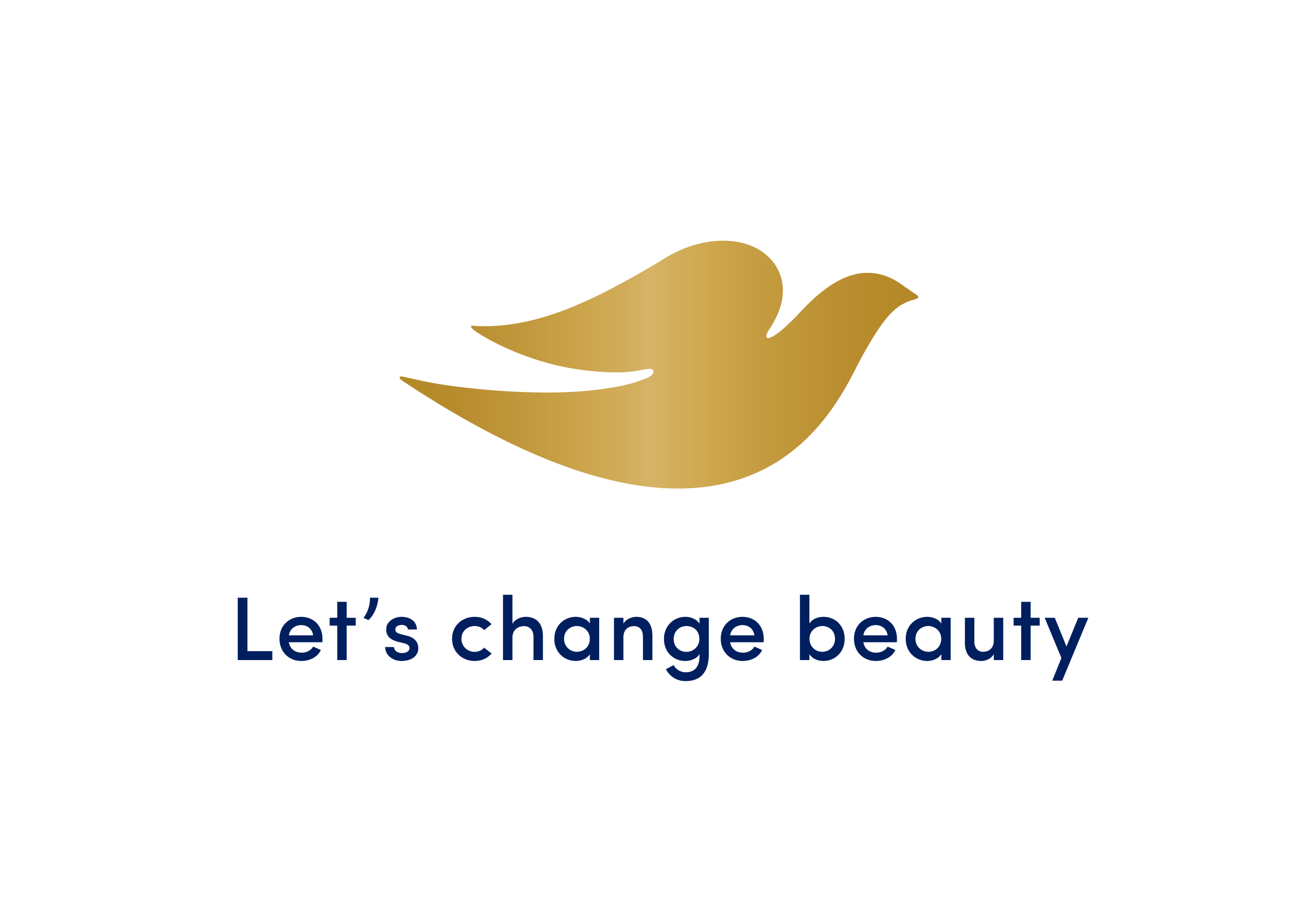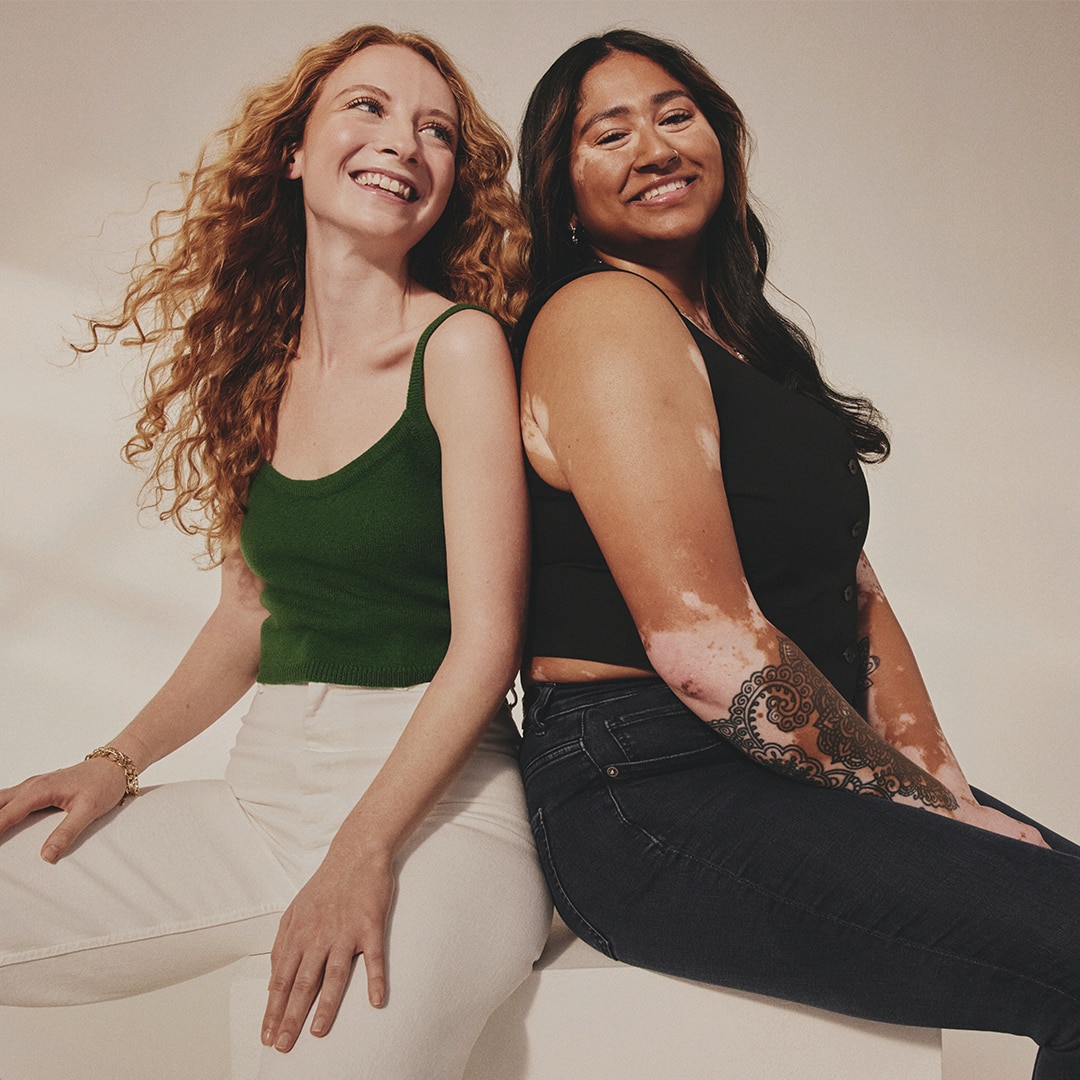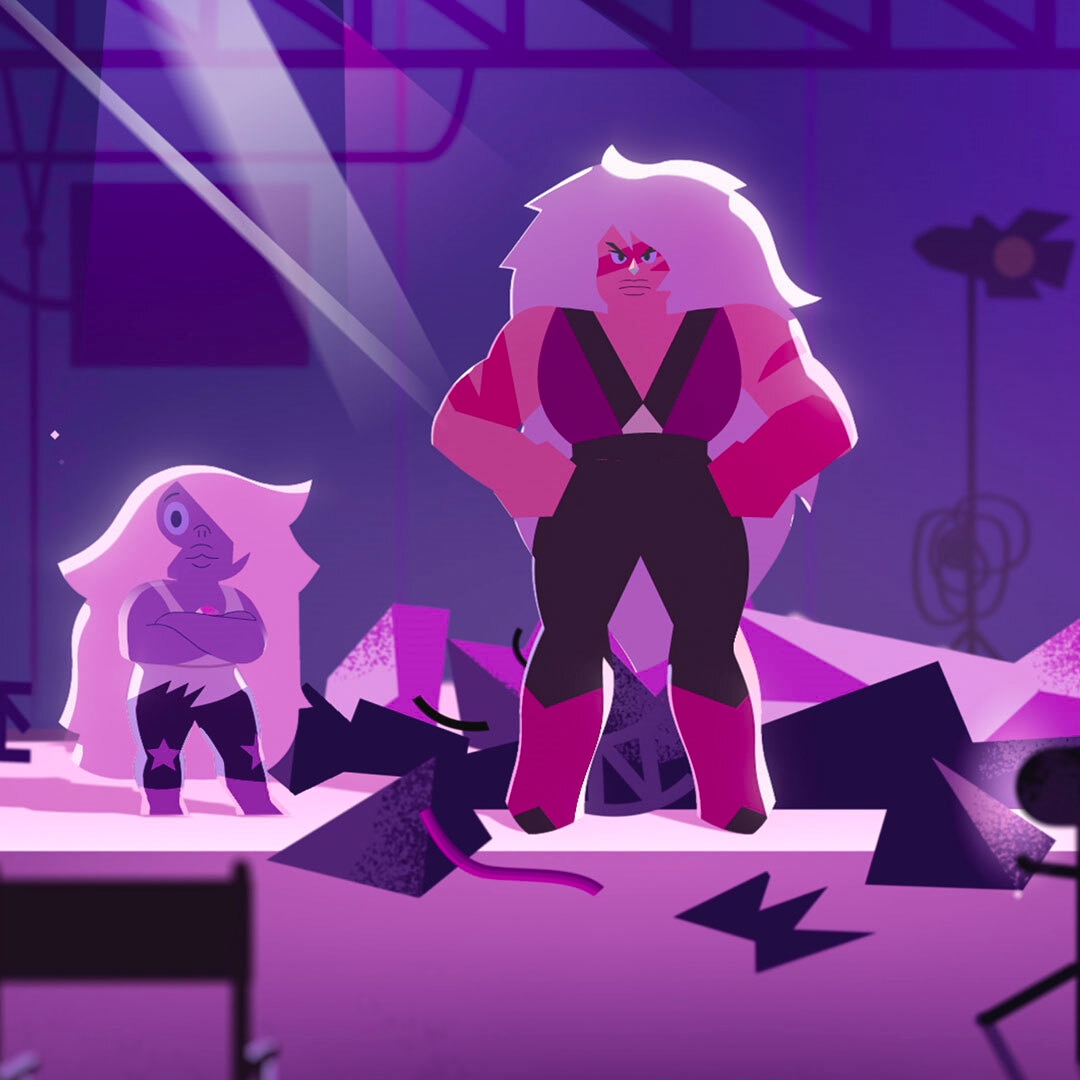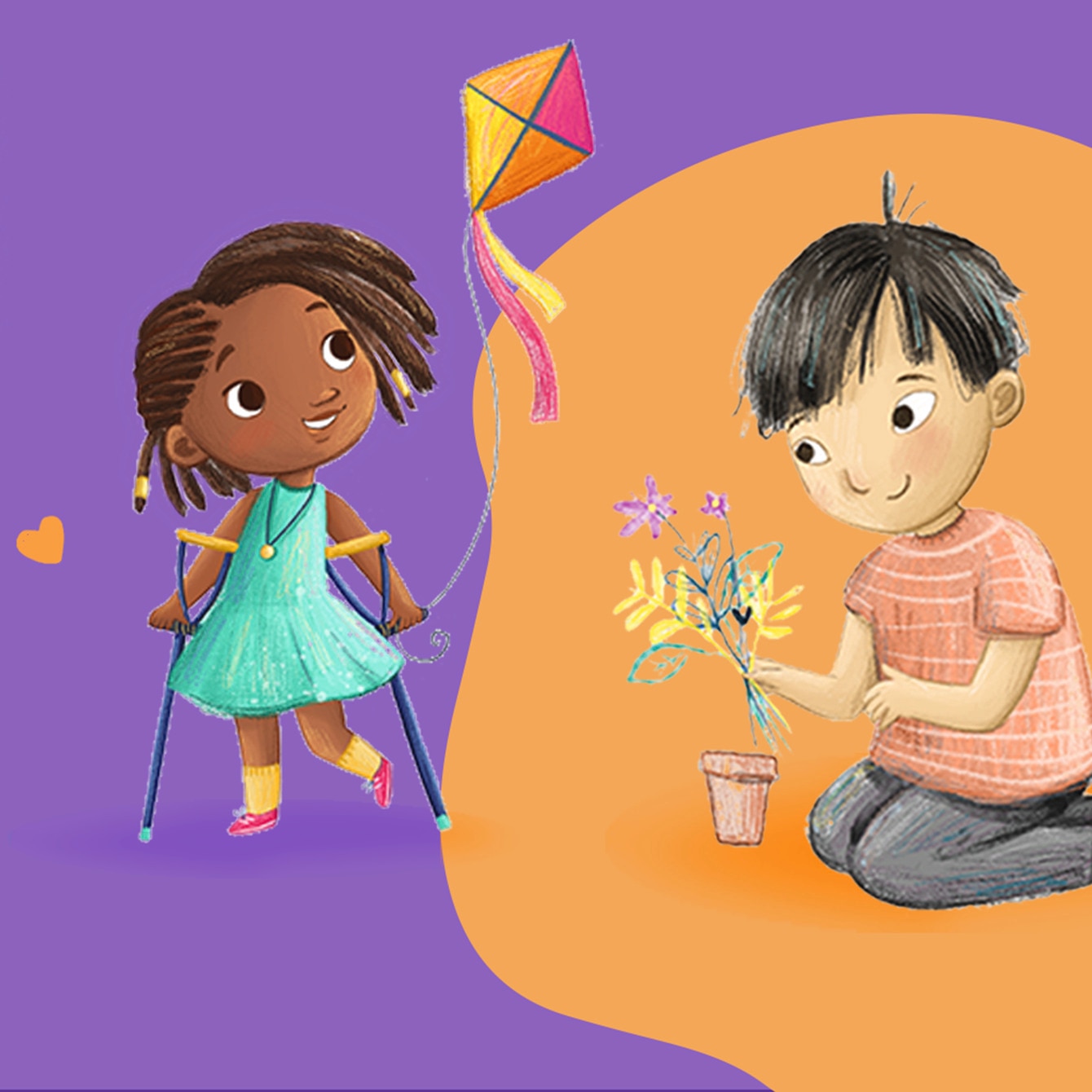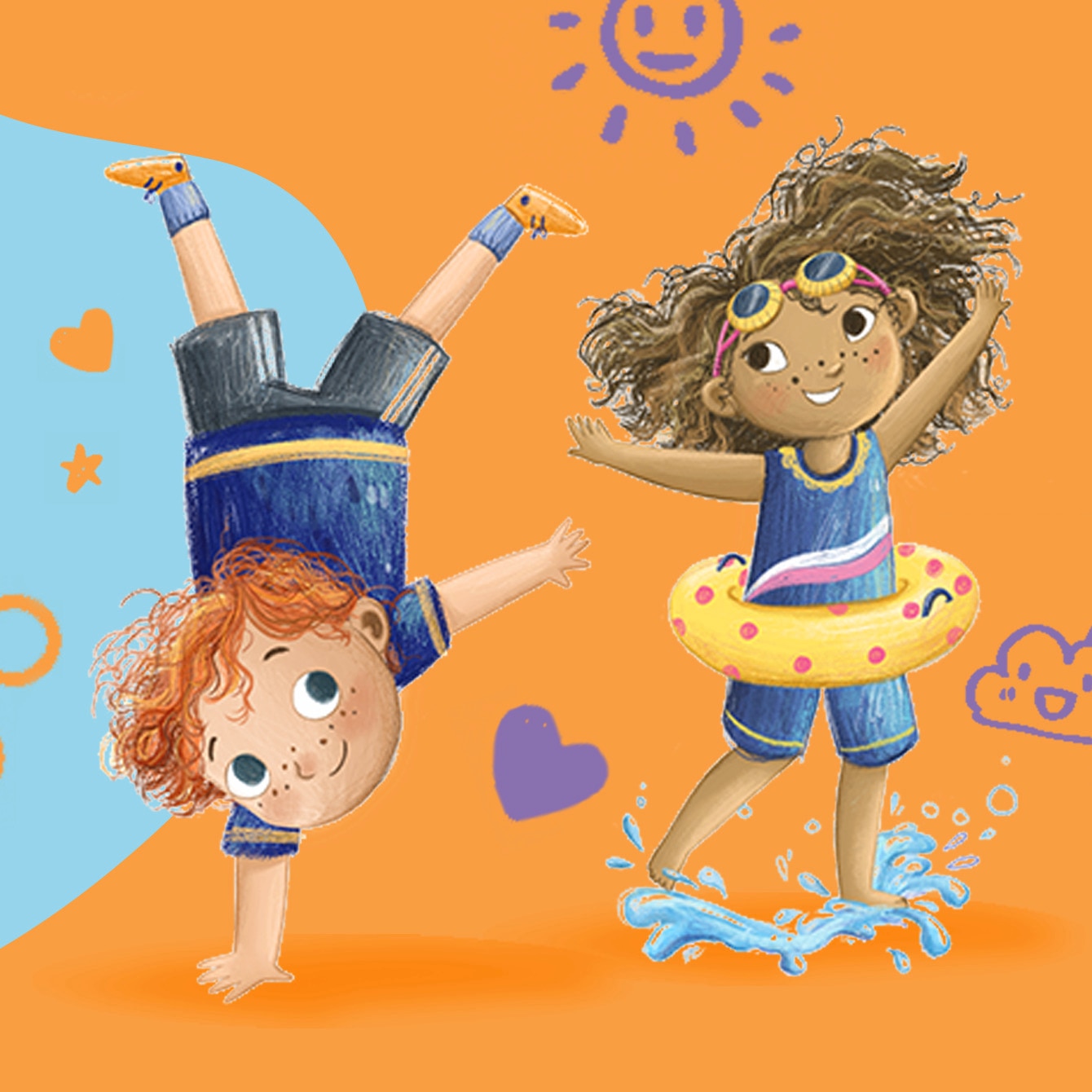Teasing and bullying about appearance can have a lasting impact on kids as they grow up. Research consistently shows that it can cause lower self-esteem, poorer body image, and even depression and anxiety through their teens and early adulthood1,2,3. Teasing and bullying can come from family, and friends, and sometimes ‘jokes’ or ‘harmless banter’ can really affect how kids feel about their body.
What can I do to stop teasing and bullying?
In elementary school kids, research shows that teasing is usually in the form of name calling, and about physical features and appearance2. Teasing and bullying based on looks is most common among classmates and friends, although it’s often done by siblings, too. If you see or hear it happening, it's important to have discussions about how these comments can make others feel, and trying to establish family rules that laughing and joking about appearance is unkind and won’t be tolerated. It’s also equally as important that you model this by not making comments about other people’s appearance in front of your kids.

Talking about bullying
When teaching kids that these kinds of comments are unacceptable, there may be scenarios that are more difficult than others. For example, if your child is referring to someone else as fat, it’s easy to respond with “that’s not nice” or “don’t say that”. This reaction might actually do more harm than good, reinforcing the idea that fat is bad, and something to be avoided. Instead, try saying something like “That person is bigger, just like other people are smaller; we all come in different shapes and sizes, and that’s what makes us all unique”. This will help them learn that appearance doesn’t define worth.
Body image expert and mother of three, Dr Zali Yager says: “When my oldest child first started to use the word ‘fat’ [...] I didn’t know what to do and quickly said “we don’t use that word in our house”. Despite doing this for a living, putting things into practice was really difficult! We’ve now had many conversations about how, when, and why we might use the word fat.”
Some of Dr Zali Yager’s favorite go-to lines are:
- We all have fat, just like we all have fingernails
- Some people have more fat, some have less- it really doesn’t matter that much
- We need people of all shapes and sizes to keep our world interesting
- As long as your body can do the things you want it to do, it’s the perfect size and shape for you
In younger kids, laughing and joking about appearance might be more subtle and not necessarily used in a ‘mean’ way. They could even be mirroring attitudes or comments they’ve seen among their friends, or in the media. Be curious and gently ask them why they described the person in that way, and use that as an opportunity to teach them to treat everyone with kindness. We’ve put together a helpful checklist to help you do this.
Parent checklist
- Appearance-related teasing, body dissatisfaction, and disordered eating: A meta-analysis
- The Impact of Teasing on Children’s Body Image
- Later adolescents' reactions to three types of childhood teasing: Relations with self-esteem and body image
